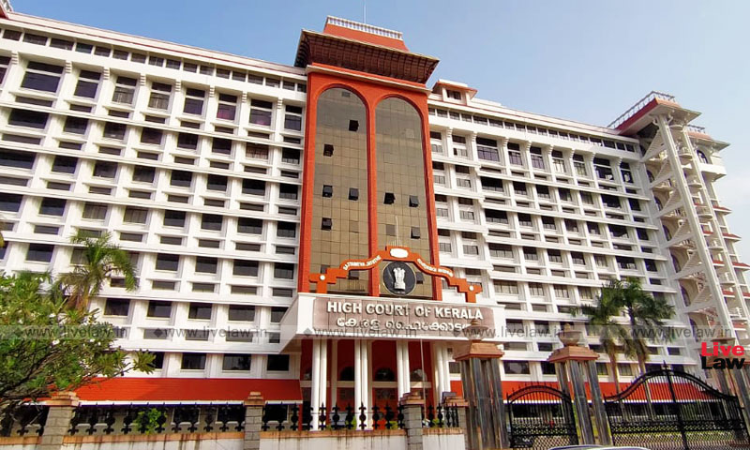Kerala High Court Dismisses State Government's Plea Against Chancellor Appointing Ciza Thomas As VC In-Charge Of KTU
Navya Benny
29 Nov 2022 4:41 PM IST

Next Story
29 Nov 2022 4:41 PM IST
The Kerala High Court on Tuesday dismissed the petition filed by the State Government against the order of the Chancellor appointing Ciza Thomas as the Vice Chancellor in charge of the APJ Abdul Kalam Technological University. Justice Devan Ramachandran observed that there was no doubt that Thomas was fully qualified going by the UGC Regulations, since it permits experience in both teaching...
